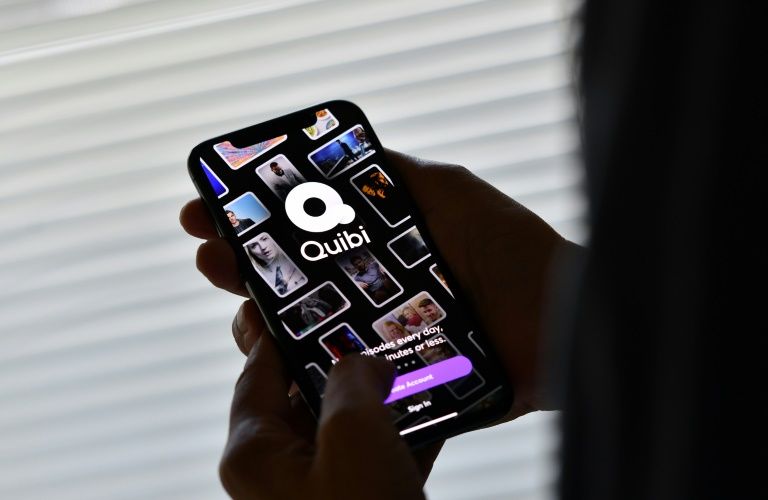Quibi streaming service to shut down
“Quibi was founded to create the next generation of storytelling,” Katzenberg said in a release.
“The world has changed dramatically since Quibi launched and our standalone business model is no longer viable.”
Katzenberg has reportedly tried to sell the startup’s catalog of programs to companies including NBCUniversal and Facebook without success.
Quibi has more than 100 original series spanning a range of genres with episodes specifically designed for viewing on smartphones, and lasting no more than 10 minutes each, according to the startup.
“We have assembled a world-class creative and engineering team that has created an original platform fueled by groundbreaking technology and IP, enabling consumers to view premium content in a whole new way,” Katzenberg said.
Quibi planned to wind down operations and sell off its assets, according to the release.
The fledgling platform scored 10 Emmy nominations this year, including for cop spoof revival “Reno 911!” and dystopian thriller “Most Dangerous Game.”
Quibi won Creative Arts Emmy Awards for its series #FreeRayshawn.
The multi-billion-dollar streaming platform launched in April, betting it could transform entertainment with short, Hollywood-quality clips to watch “on the go” — even as much of the world was trapped at home.
Industry legends and stars from Steven Spielberg and Guillermo del Toro to Jennifer Lopez and Reese Witherspoon were among the stars who lined up to make movies and shows for the youth-focused, smartphone-only service.
Designed to ride a wave of mobile video viewing, content was delivered in “quick bites,” made in both horizontal and vertical formats, automatically flipping between the two as viewers rotate their phones.
But Quibi’s plans were set long before the coronavirus pandemic prompted stay-at-home orders for billions of people around the globe.
Big Hollywood names committed to work with Quibi thanks to its founder, Jeffrey Katzenberg, a towering figure in Tinseltown who ran Disney Studios for a decade and co-founded DreamWorks.
Quibi had also hoped to keep users coming back with daily news, sports and entertainment shows.
Subscriptions had cost $5 monthly with ads, or $8 without.
Quibi also had to compete for younger viewers’ time with millions of free — often user-generated — videos hosted by YouTube, TikTok, Facebook and Instagram.
Disclaimer: Validity of the above story is for 7 Days from original date of publishing. Source: AFP.


